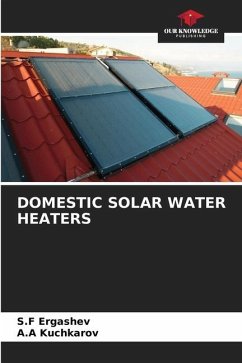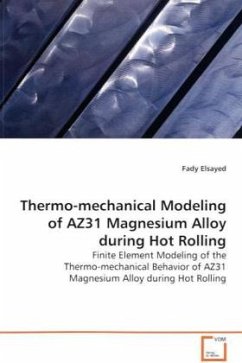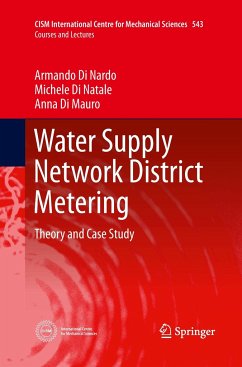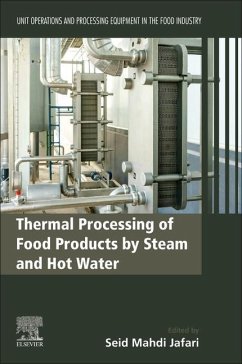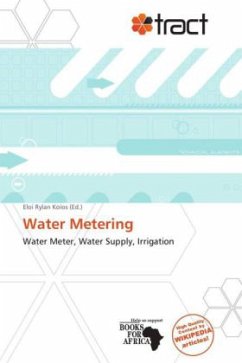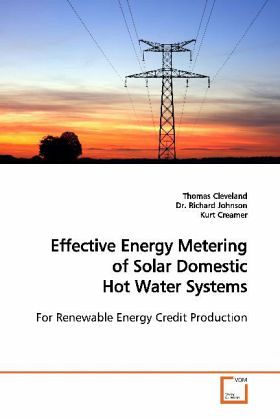
Effective Energy Metering of Solar Domestic Hot Water Systems
For Renewable Energy Credit Production
Versandkostenfrei!
Versandfertig in 6-10 Tagen
45,99 €
inkl. MwSt.

PAYBACK Punkte
23 °P sammeln!
The goal of this work was to construct and validate amethodology to accurately, reliably, and affordablymeter the amount of electrical energy offset by thecollection of solar thermal energy in a solardomestic hot water system. Currently there arethermal energy meters on the market, few in the U.S.,more in Europe, but no generally accepted method forusing them to meter the thermal energy gain suppliedby solar thermal collectors. An experimentallyproven metering methodology that instills confidencein consumers, policymakers, utilities, and otherstakeholders would simplify participation of domest...
The goal of this work was to construct and validate a
methodology to accurately, reliably, and affordably
meter the amount of electrical energy offset by the
collection of solar thermal energy in a solar
domestic hot water system. Currently there are
thermal energy meters on the market, few in the U.S.,
more in Europe, but no generally accepted method for
using them to meter the thermal energy gain supplied
by solar thermal collectors. An experimentally
proven metering methodology that instills confidence
in consumers, policymakers, utilities, and other
stakeholders would simplify participation of domestic
solar thermal energy in state or national Green Power
and Renewable Portfolio Standards programs. This work
closely monitored the energy flows in a residential
solar domestic hot water system and tested and
modeled several energy metering methodologies. It was
shown that metering methodologies are available that
can accurately and reliably meter the electricity
offset by residential solar domestic hot water systems.
methodology to accurately, reliably, and affordably
meter the amount of electrical energy offset by the
collection of solar thermal energy in a solar
domestic hot water system. Currently there are
thermal energy meters on the market, few in the U.S.,
more in Europe, but no generally accepted method for
using them to meter the thermal energy gain supplied
by solar thermal collectors. An experimentally
proven metering methodology that instills confidence
in consumers, policymakers, utilities, and other
stakeholders would simplify participation of domestic
solar thermal energy in state or national Green Power
and Renewable Portfolio Standards programs. This work
closely monitored the energy flows in a residential
solar domestic hot water system and tested and
modeled several energy metering methodologies. It was
shown that metering methodologies are available that
can accurately and reliably meter the electricity
offset by residential solar domestic hot water systems.




